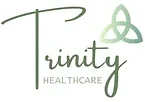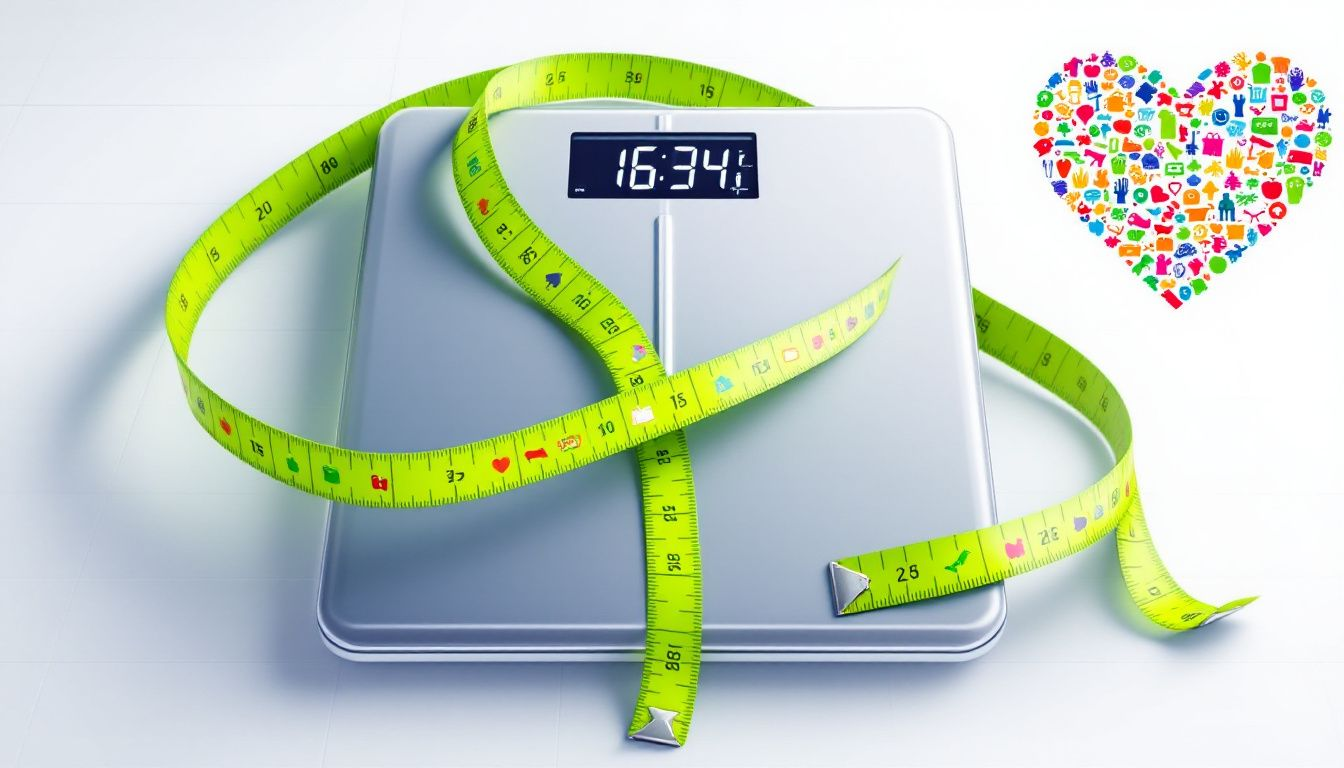- Home
- About Us
- Services
- Primary Care
- Preventative Services
- Transitional Care
- Annual Wellness Exams
- Acute Care Services
- Medical Clearance Examinations
- Chronic Disease Management
- Sports Physicals
- Geriatric Medicine
- Medication Management
- STD & UTI Testing
- Coordination of Care
- Telehealth Services
- Ordering Routine Labs and Scans
- Blog
- Patient Resources
- Contact Us
Key Takeaways
Understanding your cholesterol levels is crucial; regular testing helps monitor heart health and risk factors for disease.
Adopting a heart-healthy diet rich in healthy fats, soluble fiber, and low in dietary cholesterol can significantly improve cholesterol management.
Incorporating regular physical activity and maintaining a healthy weight are powerful strategies for lowering cholesterol and enhancing overall heart health.
Looking for easy steps to lower cholesterol naturally? This article has you covered with six practical strategies to improve your heart health.
Discover how simple changes in your diet, exercise routine, and daily habits can make a significant impact. Let’s get started on your journey to better heart health.
Know Your Cholesterol Levels
Knowing your cholesterol levels is crucial for managing your heart health. LDL cholesterol, often referred to as ‘bad’ cholesterol, contributes to plaque buildup in your arteries, increasing the risk of heart disease and strokes. On the flip side, HDL cholesterol, known as ‘good’ cholesterol, helps remove LDL cholesterol from your bloodstream, promoting a healthier heart.
Regular cholesterol testing provides a comprehensive view of your heart health by evaluating LDL, HDL, total cholesterol, and triglycerides. These tests offer valuable insights into your risk of developing heart disease, allowing you to take proactive steps in managing your cholesterol levels.
Individuals aged 20 and older should have their cholesterol tested every five years. Discussing your cholesterol levels regularly with healthcare professionals can help create a personalized treatment plan and achieve health goals. Don’t wait until it’s too late—know your numbers and take control of your heart health today.
Adopt a Heart-Healthy Eating Plan

Adopting a heart-healthy eating plan is fundamental to managing cholesterol levels. Incorporating a low cholesterol diet rich in nutritious foods can make a significant difference. The Therapeutic Lifestyle Changes (TLC) diet is specifically designed to lower cholesterol through proper diet, physical activity, and weight management. Conscious food choices can lead to improvements in your cholesterol levels over time.
Key components of a heart-healthy eating plan include incorporating healthy fats, eating more soluble fiber, and limiting dietary cholesterol. These changes not only help lower cholesterol but also promote overall heart health. These components can transform your diet and life.
Incorporate Healthy Fats
Not all fats are created equal. Healthy fats are essential for heart health as they can help lower LDL cholesterol levels, reducing the risk of heart disease. Foods such as lean meats, nuts, and certain vegetable oils, like canola and olive oil, are excellent sources of healthy fats.
Replacing trans fats and saturated fats with healthier options can significantly improve cholesterol levels and support heart health.
Eat More Soluble Fiber
Soluble fiber plays a crucial role in managing cholesterol levels. It helps prevent cholesterol absorption in the bloodstream, which in turn lowers LDL cholesterol levels. Incorporating foods high in soluble fiber, such as whole grains, fruits, and legumes, can make a big difference in your cholesterol management.
Foods like oat bran, kidney beans, and whole grains are particularly high in soluble fiber and can be easily added to your diet. These nutritious foods not only help lower cholesterol but also promote overall digestive health.
These simple dietary changes can lead to better heart health.
Limit Dietary Cholesterol
Dietary cholesterol, primarily found in animal products like meats, cheeses, and dairy, can contribute to high cholesterol levels. Consuming less than 200 mg of cholesterol daily can help lower cholesterol. This can be achieved by choosing lean meats, low-fat dairy products, and avoiding high-cholesterol foods.
Limiting intake of saturated fat and trans fats is essential as they can elevate bad cholesterol levels. Reading nutrition labels and making mindful food choices can help manage daily cholesterol intake and support heart health.
Small changes in your diet can lead to significant improvements in your cholesterol levels.
Increase Physical Activity

Physical activity is a powerful tool in managing cholesterol levels. Regular exercise helps increase HDL cholesterol, the good cholesterol that removes LDL cholesterol from your bloodstream. It can also reverse insulin resistance, which is beneficial for overall health and cholesterol management.
To reap the benefits of physical activity, aim for at least 150 minutes of moderate-intensity aerobic exercise each week. Activities like brisk walking, cycling, and swimming can be enjoyable ways to meet this goal. Regular exercise helps lower cholesterol and improves cardiovascular fitness and overall wellbeing.
A sedentary lifestyle, on the other hand, can lead to lower HDL cholesterol levels and an increased risk of heart disease. Incorporating regular physical activity into your routine can significantly improve heart health and reduce the risk of heart disease. Take the first step towards a healthier lifestyle by moving more each day.
Maintain a Healthy Weight
Keeping a healthy weight is vital for managing cholesterol levels. Excess weight can lead to an increase in bad cholesterol levels, raising the risk of heart disease. For every 10 pounds of excess weight, your body can produce up to 10 milligrams more cholesterol level daily. This highlights the importance of weight management in cholesterol control.
Even modest weight loss can have a significant impact on your cholesterol levels. Research indicates that a weight reduction of only 5% to 10% can have positive effects on certain cholesterol levels. Additionally, it may help lower other risk factors for heart disease. Focusing on healthy eating and regular physical activity can help achieve and maintain a healthy weight, thereby lowering cholesterol levels.
The overall health benefits of maintaining a healthy weight extend beyond cholesterol management. Regular aerobic exercise can lower blood pressure and triglyceride levels, reducing the risk of heart attacks for individuals with existing coronary heart disease. Adopting a healthy lifestyle leads to better heart health and overall wellbeing.
Quit Smoking

Smoking has a detrimental effect on cholesterol levels and heart health. It lowers HDL cholesterol levels, which is harmful to the heart. However, quitting smoking can lead to lower triglycerides and increased HDL cholesterol levels, significantly improving heart health.
The benefits of quitting smoking extend beyond cholesterol management. It contributes to safer arteries and provides protection for both the heart and brain.
Quitting smoking reduces the risk of heart disease, leading to a healthier, longer life. Take the first step towards better health by saying goodbye to smoking.
Moderate Alcohol Consumption
Moderation is key when it comes to alcohol consumption. Moderate alcohol intake is defined as up to one drink per day for women and up to two drinks per day for men. Adhering to these guidelines allows you to enjoy the social and relaxation benefits of alcohol without negatively impacting cholesterol levels and heart health.
Maintaining balance is key to a healthy lifestyle.
Trinity Family Practice Can Help
At Trinity Family Practice, we are dedicated to helping you achieve optimal heart health. Our team of healthcare professionals is here to provide personalized care and support for all your cardiovascular and nutritional health needs. Whether you need guidance on managing cholesterol or developing a heart-healthy eating plan, we’re here to help.
Don’t wait to take control of your heart health.
Schedule an appointment with Trinity Family Practice today and experience the benefits of personalized care. Together, we can work towards a healthier, happier you.
Summary
In summary, lowering cholesterol naturally involves a combination of healthy eating, regular physical activity, maintaining a healthy weight, quitting smoking, and moderating alcohol consumption. By following these steps, you can improve your cholesterol levels and reduce your risk of heart disease.
Take action today and start incorporating these lifestyle changes into your routine. Remember, your heart health is in your hands. Make the commitment to a healthier lifestyle and enjoy the benefits of better heart health and overall well-being.
Frequently Asked Questions
How often should I have my cholesterol levels checked?
You should have your cholesterol levels checked every five years if you’re 20 or older. Staying proactive with your health can make a big difference!
What are the benefits of a heart-healthy eating plan?
A heart-healthy eating plan significantly lowers cholesterol levels and reduces the risk of heart disease while promoting overall heart health. Embrace this lifestyle change to enhance your well-being and vitality!
How much exercise do I need to lower my cholesterol?
To effectively lower your cholesterol, aim for at least 150 minutes of moderate-intensity aerobic exercise each week. Commit to this routine, and you’ll be on your way to better health!
Can quitting smoking really improve my cholesterol levels?
Absolutely! Quitting smoking can lower triglycerides and boost your HDL cholesterol, greatly enhancing your heart health. Take that step for a healthier you!
What is considered moderate alcohol consumption?
Moderate alcohol consumption is up to one drink per day for women and two drinks per day for men. Following these guidelines can help you enjoy responsibly!
POST TAGS :
Mary Huntly APRN FNP-C
Trinity Family Practice is dedicated to offering personalized, compassionate healthcare for individuals and families in Las Vegas, with a focus on quality care you can trust at every visit.
Address
Contact
+1-725-331-2299




